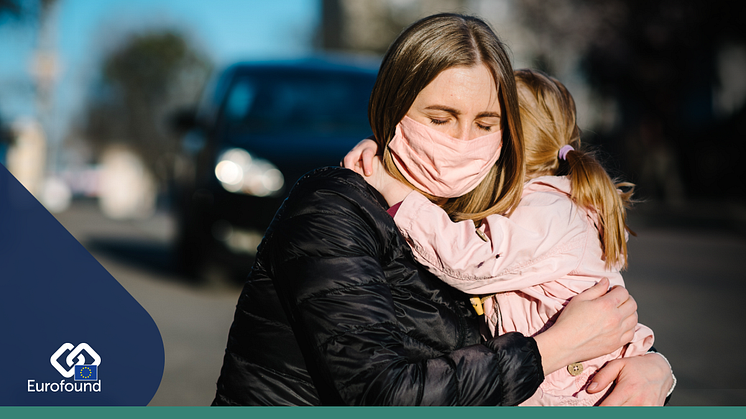
News -
Minimum wages raised in most EU countries in 2020, but more women still earning the minimum wage than men
(DUBLIN, IRELAND): Statutory minimum wages were raised in most EU countries for 2020 – in many even substantially, such as in Poland 17%, Slovakia 12%, and Czechia 11% - according to Eurofound’s ‘Minimum wages in 2020: Annual review’ published today. This annual report presents the latest figures on minimum wage rates in 2020 across the EU, the United Kingdom and Norway and reviews how national governments and social partners engaged in the setting of the new minimum wage rates. It also looks at several of the current trends and issues in the political debate across the Europe. Eurofound has been studying minimum wages as part of its monitoring and analysis of the European labour markets for over two decades.
Gross statutory minimum rates increased in all EU Member States in 2020 compared to 2019. Year-on-year increases range from 17% in Poland from €523 to €611, to 1.2% in France from €1,521 to €1,539, while rates in Latvia remained unchanged. The median gross minimum wage increased by 8.4% and now stands at €740, represented by Portugal.
As in previous years, Luxembourg has the highest gross minimum wage at €2,142, an increase of €52 (2.5%) compared to the previous year. Ireland (€1,707 as of February 2020) and the Netherlands (€1,654) follow with the second and third highest figures, respectively. Workers in Romania (€466), Latvia (€430) and Bulgaria (€312) receive the lowest minimum wages in the EU.
Overall, 7 out of 10 minimum wage workers report at least some difficulty in making ends meet, as compared to fewer than 5 out of 10 other workers. However, these figures vary greatly across countries. For example, less than 10% of minimum wage workers find it difficult to very difficult in Denmark, Finland, Germany and Sweden; compared to 50% to 60% in Bulgaria, Croatia and Cyprus and 80% in Greece.
‘The report’s findings suggest however that increases in the relative level of minimum wages within a country on its own may not be sufficient to decrease the share of workers who report that they find it difficult or very difficult to make ends meet,’ says Christine Aumayr-Pintar, senior Research Manager. ‘It’s the level of minimum wages and what they can buy that matters more.’
Eurofound estimates that 9% of employees in the EU earned around the minimum wage (+/- 10%) in 2017. It ranges from about 3% in Sweden, Belgium, Denmark and the Netherlands up to 20% and more in Hungary, Portugal and Romania. In most countries more women continue to earn the minimum wage than men. The analysis in the report shows that there is no obvious correlation between a country’s proportion of minimum wage earners reporting difficulties to make ends meet and the relative level of minimum wages in comparison with other workers.
Statutory minimum wages have become ‘fairer’ as compared to other workers’ wages since the beginning of the millennium, when comparing statutory minimum wages to the median wages of all workers. In the median of countries with available data, the share of minimum wages in relation to median wages grew by 7 percentage points during 2000–2018. Three exceptions were Belgium, Ireland and the Netherlands, where minimum wages fell behind the median wages in that period.
Governments across Europe are reacting with income stabilisation measures for those affected by the crisis resulting from the COVID-19 pandemic. Minimum wages can have an additional role in the policy mix to stabilise incomes and thus counteract a downward spiral into recession or depression.
Download: Minimum wages in 2020: Annual review
More information
- Topic page on Minimum wages
- Blog Fears and hopes around future minimum wages (15 January 2020)
- COVID-19 EU PolicyWatch, Eurofound’s database on national level initiatives




